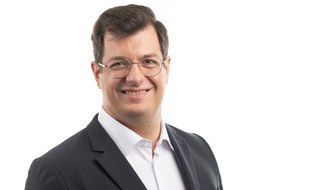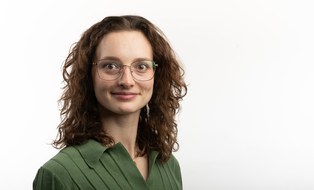IGF - Non-planar 3D-Druck auf Textilien
Projektlaufzeit
01.01.2025 – 31.12.2026
Projektpartner
Die unabhängige, außeruniversitäre Forschungseinrichtung FILK Freiberg Institute gGmbH
Ausgangssituation
Die konventionelle Orthesenherstellung stößt an ihre Grenzen, da individuelle Anpassungen oft zeitaufwändig und materialineffizient sind. Textile Trägermaterialien bieten zwar Leichtigkeit und Komfort, ihre Kombination mit 3D-gedruckten Strukturen ist jedoch technisch anspruchsvoll. Bisherige Lösungen zeigen Schwächen bei der Haftung, der mechanischen Stabilität und der Integration funktionaler Komponenten wie Leiterbahnen.
Projektkontext
Das Projekt ist im Bereich der additiven Fertigung und der Medizintechnik angesiedelt. Es adressiert den wachsenden Bedarf an personalisierten Orthesen, die durch intelligente Materialien und Sensorik ergänzt werden. Sowohl das ITM als auch das FILK konnten in Vorgängerprojekten umfangreiche Erfahrungen mit der 3D-Drucktechnologie und der Arbeit mit textilen Trägermaterialien sammeln.
Projektziel
Ziel des Projekts ist die Entwicklung der Anlagen- und Prozesstechnik für die kostengünstige, patientenspezifische Herstellung von Orthesen.
Projektbeschreibung
Das Projekt umfasst fünf Kernphasen:
-
Materialauswahl: Charakterisierung textiler Materialien (z.B. Gewirke, Gestricke) und Druckmaterialien auf Haftfestigkeit und Flexibilität (ITM)
-
Spannvorrichtung: Entwicklung einer adaptiven Halterung, die Dehnung und Spannung der Textilien während des Drucks steuert (ITM)
-
Drucktechnologie: Integration eines Roboterarms für multidirektionale Extrusion, um komplexe Geometrien auf flexiblen Oberflächen zu realisieren (ITM & FILK)
-
Leiterbahnen: Einbetten leitfähiger Elemente mittels silberbasierter, leitfähiger Dispersionen (FILK)
-
Demonstratoren: Prototypen von Orthesen mit integrierten Leiterbahnen (ITM & FILK)
Projektnutzen
Das Projekt ist im Bereich der additiven Fertigung und der Medizintechnik angesiedelt. Die Integration von Leiterbahnen eröffnet Anwendungen in der Telemedizin, z.B. zur Echtzeitüberwachung von Gelenkbelastungen. Für Unternehmen stärkt die Technologie die Wettbewerbsfähigkeit im Bereich Medizintechnik 4.0, Forschungspartner gewinnen Erkenntnisse in Materialwissenschaften und Automatisierung.
Ansprechpartner
 © Sven Ellger
© Sven Ellger
Wissenschaftlicher Mitarbeiter
NameDipl.-Ing. Jacob Hoßfeld
Automatisierung und 3D-Druck
Eine verschlüsselte E-Mail über das SecureMail-Portal versenden (nur für TUD-externe Personen).
Professur für die Entwicklung und Montage von textilen Produkten
Professur für die Entwicklung und Montage von textilen Produkten
 © Sven Ellger/TUD
© Sven Ellger/TUD
Wissenschaftliche Mitarbeiterin
NameDipl.-Ing. Sophie Herz
Eine verschlüsselte E-Mail über das SecureMail-Portal versenden (nur für TUD-externe Personen).
Professur für die Entwicklung und Montage von textilen Produkten
Professur für die Entwicklung und Montage von textilen Produkten
